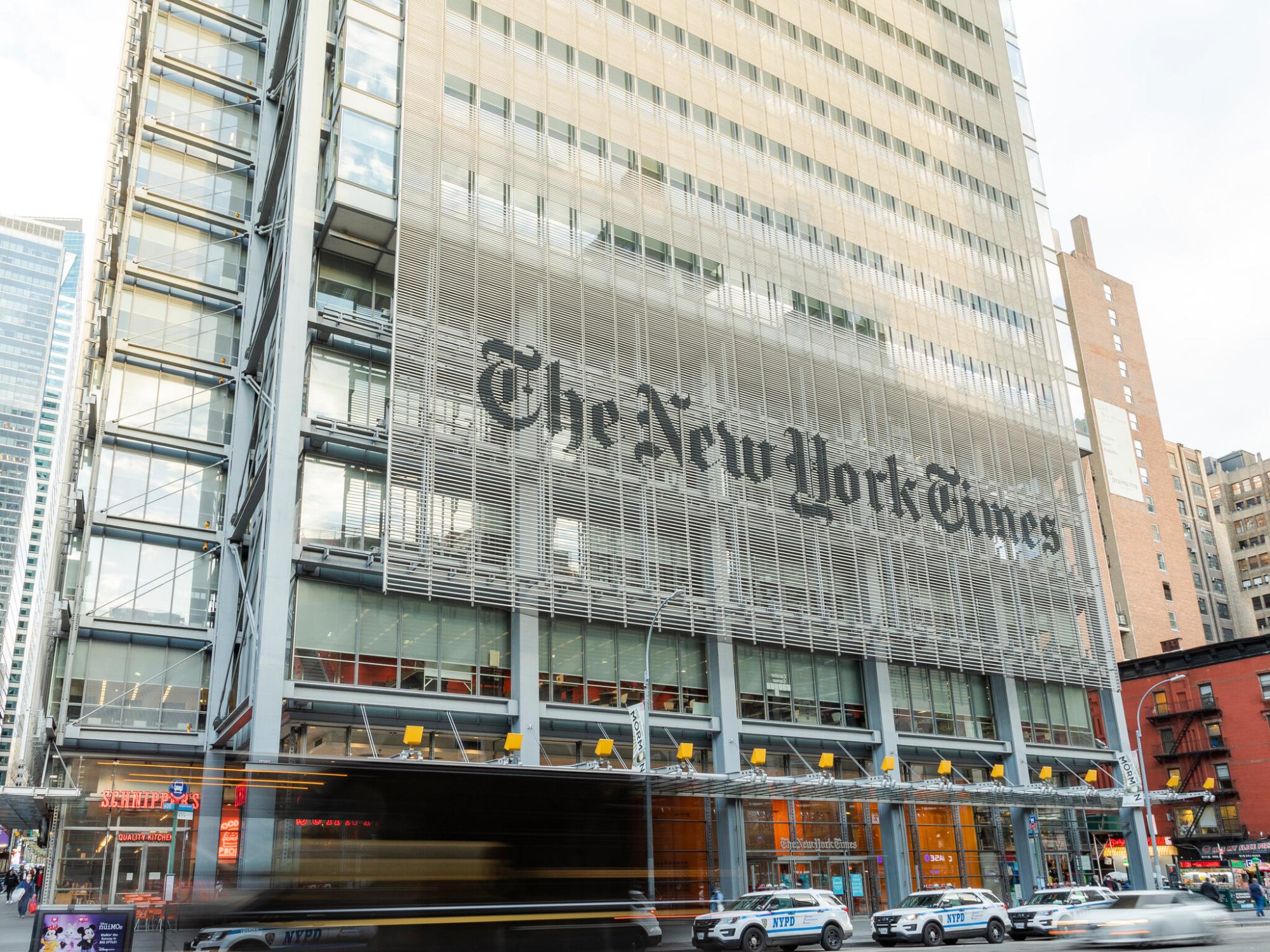Related Stories
What if We’re the Bad Guys Here?
Key Excerpts from Article on Website of New York Times

Posted: August 15th, 2023
https://www.nytimes.com/2023/08/02/opinion/trump-meritocracy...
When I began my journalism career in Chicago in the 1980s, there were still some old crusty working-class guys around the newsroom. Now we’re not only a college-dominated profession; we’re an elite-college-dominated profession. Only 0.8 percent of college students graduate from the super-elite 12 schools (the Ivy League colleges, plus Stanford, M.I.T., Duke and the University of Chicago). A 2018 study found that more than 50 percent of the staff writers at the beloved New York Times and The Wall Street Journal attended one of the 29 most elite universities in the nation. Members of our class also segregate ourselves into a few booming metro areas. In 2020, Biden won only 500 or so counties, but together they are responsible for 71 percent of the American economy. Trump won over 2,500 counties, responsible for only 29 percent. Like all elites, we use language and mores as tools to recognize one another and exclude others. Using words like “problematic,” “cisgender,” “Latinx” and “intersectional” is a sure sign that you’ve got cultural capital. Meanwhile, members of the less-educated classes have to walk on eggshells because they never know when we’ve changed the usage rules so that something that was sayable five years ago now gets you fired. Does this mean that I think the people in my class are vicious and evil? No. Most of us are earnest, kind and public-spirited. But we take for granted and benefit from systems that have become oppressive.
Note: Watch an excellent interview of journalist Batya Ungar-Sargon discussing how journalism has shifted from being a working class trade that held the powerful accountable to an elite industry that serves the upper class. She articulates that mainstream news has abandoned and divided the working class by creating a culture war around identity and race. Elites shaping the news industry benefit from this political polarization, which hides the tragic reality of income inequality that affect all races across political lines.
Related Stories
Latest News
Key News Articles from Years Past











































































